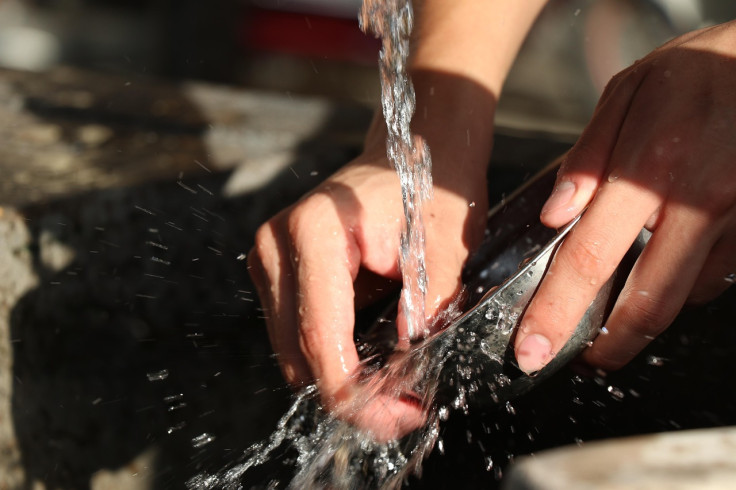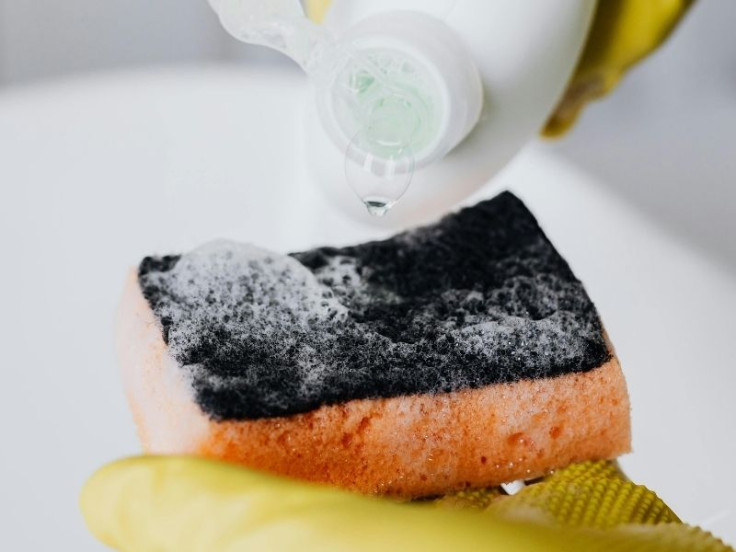Fairy Liquid Warning Issued In The UK: Here's Why It's Bad For Your Health And The Environment

A recent warning has been issued to UK households regarding the use of Fairy Liquid, a staple in many kitchens for decades. Concerns have been raised about its potential health risks and environmental impact, prompting experts to advise consumers to reconsider their choice of washing-up liquid.
The warning, highlighted by various environmental and health organisations, emphasises the need for greater awareness about the ingredients in common household products and their long-term effects on both human health and the planet.
Health Concerns Associated with Fairy Liquid
Fairy Liquid contains several chemical components that, while effective in cleaning, may pose health risks. Ingredients such as sodium laureth sulfate and lauramine oxide are known to cause skin and eye irritation upon prolonged exposure. Additionally, the presence of fragrances like limonene and geraniol can lead to allergic reactions in sensitive individuals, as reported in The Ecologist's analysis of Fairy Liquid.
Moreover, when used with hot water, some of these chemicals can vaporise, leading to the inhalation of potentially harmful substances. This raises concerns about respiratory issues, especially for those with pre-existing conditions.
In households where washing-up is done several times a day—especially with hot water—there's a likelihood of repeated contact with irritants. Children with eczema or adults with respiratory conditions such as asthma may be particularly vulnerable. Fragrances like geraniol are among the most common triggers for contact dermatitis.
Additionally, while some allergens are listed on the product label, many consumers are unaware of what to look out for or what these ingredients mean in practical terms. This has led to growing calls for more consumer-friendly labelling on cleaning products sold in supermarkets.
Environmental Impact of Washing-Up Liquids
Beyond personal health, the environmental ramifications of using products like Fairy Liquid are significant. The surfactants and other chemicals present can be detrimental to aquatic life when they enter waterways. Studies have shown that these substances can harm fish and other marine organisms, disrupting ecosystems.
According to research referenced by Worldrise, even low concentrations of household surfactants in rivers and seas can alter fish behaviour and interfere with reproduction cycles. While water treatment plants remove a large portion of these pollutants, not all residues are captured, especially during heavy rainfall or flooding.
Furthermore, the plastic packaging of these products contributes to the growing problem of plastic pollution. With millions of bottles sold annually, a significant portion ends up in landfills or oceans, where they can persist for decades. One such bottle was found on a UK beach nearly 50 years after it was discarded, still intact.
Dr Ayesha Raman, an environmental scientist at King's College London, warns:
'We often think of plastic waste as takeaway cups or straws, but cleaning products are a major contributor. Single-use plastic in this sector is largely overlooked, and yet the volumes are staggering.'
Efforts to make packaging more sustainable have been slow. While some brands now offer refillable options, many mainstream products—Fairy Liquid included—are still sold in traditional plastic bottles made from virgin materials.

Recommendations for Consumers
In light of these concerns, experts recommend that consumers:
Opt for eco-friendly alternatives: Brands that use biodegradable ingredients and sustainable packaging can reduce environmental harm. Look for certifications such as the EU Ecolabel or Leaping Bunny.
Use refill stations: Refilling existing bottles can significantly cut down on plastic waste. Many zero-waste and health food shops across the UK now offer refill stations for cleaning products.
Read labels carefully: Being informed about product ingredients can help avoid potential allergens and harmful chemicals. Pay special attention to warnings such as 'May cause an allergic skin reaction' or symbols indicating environmental hazards.
Limit use with hot water: If you have sensitive skin or respiratory issues, it's advisable to use warm (not hot) water and wear gloves while washing up.
In addition to these steps, advocacy groups are encouraging supermarkets and manufacturers to make ingredient information more visible and easier to understand. Transparency, they argue, is key to helping consumers make informed decisions about the products they bring into their homes.
© Copyright IBTimes 2025. All rights reserved.





















